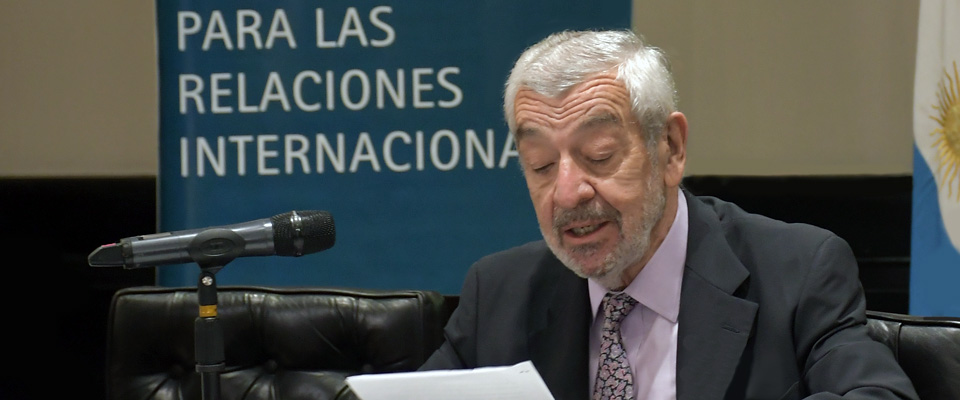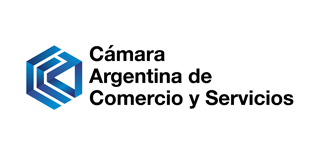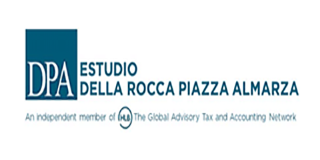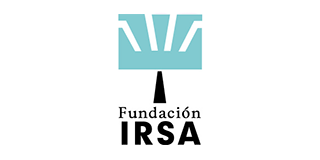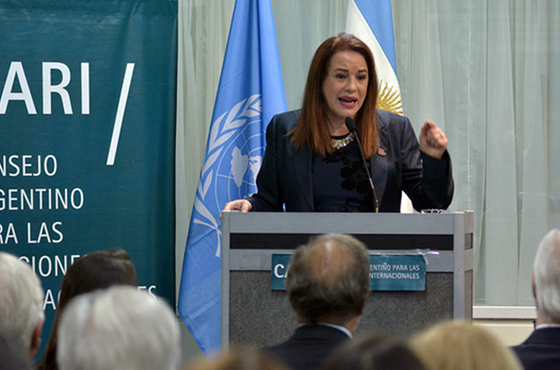
March 21, 2019
Academic session conducted by the President of the United Nations General Assembly, D. María Fernanda Espinosa Garcés
Written by Agostina Viglianco and Natalia Pérez
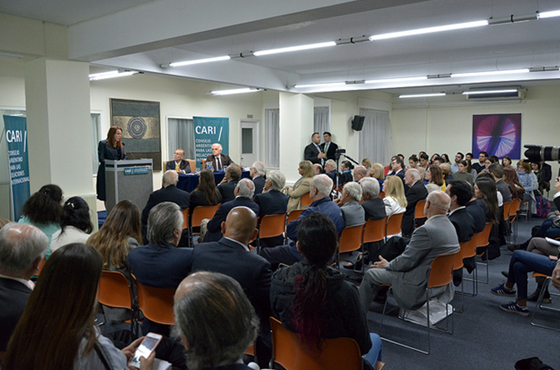
On the past Thursday 21 March, CARI had the honor of receiving the President of the United Nations General Assembly, María Fernanda Espinosa Garcés. During her presentation, the President talked about the critical role of the United Nations in a world that seems to be increasingly hostile to multilateralism.
The President of CARI opened the session, Dr. Adalberto Rodriguez Giavarini, who thanked the presence of President Espinosa Garcés, Ambassador Martin García Moritán, current Permanent Representative of Argentina to the United Nations, and the diplomatic corps. Afterward, he referred to the current international context. He ensured that it finds itself signed by a period of deep uncertainty, which is why a discussion about the rules and the generation of agreements to face the demands of the 21st century, is very much needed.
After revealing his gratitude for the invitation and hospitality received, in the first place, María Fernanda Espinosa Garcés, referred to the Second High-Level United Nations Conference on South-South Cooperation, which took place in Buenos Aires between the 20th and 22nd March. She assured that such event meant a historical landmark since the adoption of the Buenos Aires Action Plan concluded 40 years ago, and the ongoing global scenery has changed substantively. In this sense, she reassured that the world of today is a much more polarized one for it is going through multiple crises, from climate change to terrorism. For this reason, she convened that "it is indispensable to retake multilateral agenda as a renovated compromise, relaunch the narrative of the importance of multilateralism and its irreplaceable role". Espinosa Garcés remarked that the UN had been the center of the multilateral system and a more profitable vision of the world, more pacific and more humanitarian, "that does not leave anyone behind", as the 2030 agenda sustains. In this order, Madame President pointed that is prevalent "to rise to the challenge of what people are demanding us", that is why the principal axis chosen for the 73rd General Assembly period of sessions, is "make United Nations relevant for every human being".
Espinosa Garcés continued alluding what she calls "a world of paradoxes", which means a world in which despite the contributions of globalization and the significant advances of new technologies, at the same time, there have been presented inequalities between countries and inside them. In consequence, it has generated that many people get excluded, deprived of the benefits of globalization, expressing insecurity regarding the near future. At the same time she pointed out that there is a wide gap between knowledge and the ability to resolve problems, so that "this disconnection between expectations and institutional and political responses build distrust in national and international systems" this issue is reflected in claims demanding more isolationism, unilateralism, and nationalism.
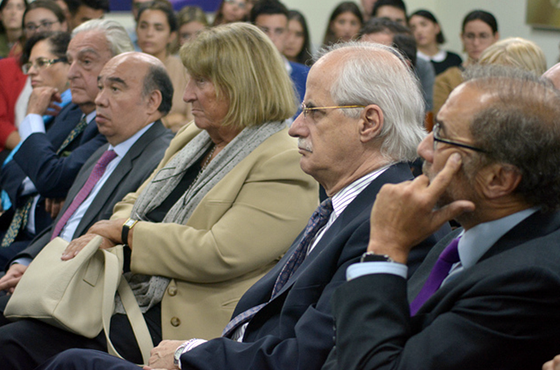
Later, Madame Espinosa Garcés highlighted five problems perceived in the current global context:
Climate change as a real threat
Espinosa Garcés remarked that we only have 12 years to be able to stop temperature increase to 1.5 degrees and that, otherwise the risk of suffering more droughts, extreme heat, lack of water and food will emphasize, provoking natural disasters, recurrent economic crisis, and low human development.
Refugee crisis
She stated that there are about 250 millions of people in social mobility in the world; most of them suffering from exploitation and racism and xenophobia.
The persistence of extreme poverty
Hunger keeps being present in the whole world. As the President explained, according to FAO, in 2017, one in nine persons starves in the world, on a planet that has the capacity of producing enough food for everyone.
The lack of Access to education
Millions of children, from which 70% are girls, do not have access to education, which generates a gap of structural inequality.
The vulnerability of women
The President emphasized during her whole dissertation about the situation of vulnerability in which women find themselves. She assured that "half of the global population, us women, continues being marginalized, outraged, and discriminated just for being women in every country".
In this complex context, Espinosa Garcés proposed different questions. In the first place, she asked, "Is it that multilateralism and the United Nations have failed in facing these challenges?" to what she immediately answered with a resounding "No". "I am convinced that international cooperation and a system based in rules are and keep being the mechanisms more suitable to deal with global challenges". "The achievements of the United Nations are extraordinary", added the President; highlighting the role of the institution in the peaceful resolution of conflicts, in the assistance of millions of persons who suffer extreme poverty, and to refugees, and in the maintenance of peace in many parts of the world. She also referred to the 2030 agenda for Sustainable Development, as a "gem of multilateralism", as well as the Paris Agreement. By last, she indicated the fact that everyone (the member States) is the UN. "It is definitely up to the task", she assured, "but if what we are looking for is a strong organization which adapts to new realities, self-criticism must be done".
The second question shared with the public was:
"Is the UN institutional design appropriate to confront actual challenges?" Espinosa Garcés answered that she believes there are three areas in which their performance must improve.
We must win the communication battle
The President emphasized the importance of renovating the narrative of the organization. Convinced that words and speeches build reality, Espinosa Garcés talked about the importance of communicating the United Nations' achievements through better fashion and frequently; especially in a moment in which the validity and effectivity of multilateralism are being tested. "We must transmit in a convincing way that effective multilateralism is not an option, and it is a requirement for a fairer international order", stated the President. Similarly, she emphasized the need to get closer to society and public opinion, and to strengthen public support to the UN.
We need an Organization that responds to the most vulnerable
"A world in which more than 700 million people cannot satisfy their basic needs, is an unfair world", she expressed. "It is obligatory to accomplish the promise of not leaving anyone behind, and that is the reason why the 2030 Agenda is important as a survival kit to overcome the paradoxes".
We need an efficient and action-oriented Organization
The President talked about the relevance of recognizing that the institutions of the organization can work better. In consequence, she assured that the UN finds itself in full process of reinvention; process in which some areas enjoy more vitality and others need more dynamism in the debate for its upgrade. Among the first ones, Espinosa Garcés referred to a new structure made to report in a direct way to the General Secretary about how the UN works in the various grounds in conflict to watch and avoid harassment situations during the missions. However, she also referred to the areas where change is a big challenge, regarding United Nations Security Council reform, which has been treated for ten years.
To end with her dissertation, the President made emphasis on the crisis that multilateralism is going through and the revival of extreme nationalisms. She assured that such context presents a great chance "to say what we did well and think about what has not done that well". "It is a time to convince", continued Espinosa Garcés, "and to make societies appropriate the efforts and work reached by the multilateral system".
"We have to fly, and fly together" concluded the President of the United Nations General Assembly.
